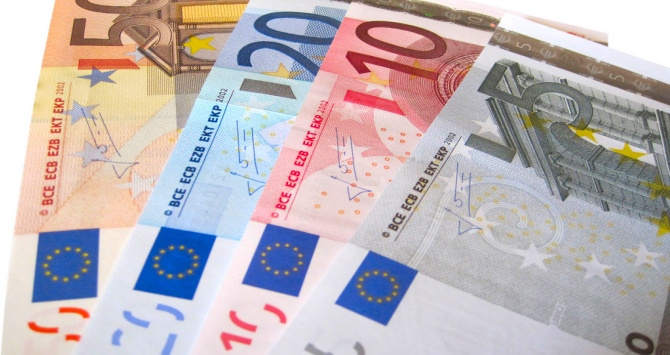James Putzel and Robert Wade have both voiced opinion in the Financial Times about the Greek exit (or Grexit) from the Euro, accusing the troika (EC-ECB-IMF) of forcing out far-left factions by stealth in favour of compliant governments.
Sir, Everyone knows Greece will never be able to pay its debts, so a debt writedown ought to be the starting point for an agreement between the Syriza government and its European creditors. Tony Barber, in “Only Greek PM knows what price he will pay for leftwing ambitions” (Global Insight, June 13), interestingly draws a parallel between the current showdown and the impossible situation Vladimir Lenin faced over the Brest-Litovsk treaty in 1918, where the newly installed Bolshevik regime was forced to cede vast territory, population and resources to the Germans or face annihilation of their embryonic revolution. But Mr Barber leaves out two important parts of the story that make the parallel even more apt.
 First, the Bolsheviks were facing not only the Germans but a united front of Britain, France and the US, which were bent on overthrowing the new regime, and this left Lenin with the stark choice of taking the losses imposed by the treaty or seeing his revolution snuffed out. The intransigence of the eurozone leaders today leaves Alexis Tsipras with an impossible choice: agree to austerity impositions and see his party split and its experiment to restructure the economy and politics of Greece snuffed out, or refuse and force its people to suffer the hardships of default and a euro exit, also likely to lead to the disintegration of its social experiment. Greece’s creditors seem bent on forcing the demise of the Syriza government.
First, the Bolsheviks were facing not only the Germans but a united front of Britain, France and the US, which were bent on overthrowing the new regime, and this left Lenin with the stark choice of taking the losses imposed by the treaty or seeing his revolution snuffed out. The intransigence of the eurozone leaders today leaves Alexis Tsipras with an impossible choice: agree to austerity impositions and see his party split and its experiment to restructure the economy and politics of Greece snuffed out, or refuse and force its people to suffer the hardships of default and a euro exit, also likely to lead to the disintegration of its social experiment. Greece’s creditors seem bent on forcing the demise of the Syriza government.
Second, Mr Barber omits the key voice that opposed Lenin’s signature of the Brest-Litovsk treaty, Nikolai Bukharin, who argued that the losses would be too great and that instead the Bolsheviks should call on the people of Europe to fight a revolutionary war against Germany. While Bukharin led the “left” group, he was the pragmatist who became the architect of the New Economic Policy that allowed the fledging Soviet state to consolidate its economy until he was executed by Stalin. The stark corner into which the USSR was pushed by western powers bent on destroying its social experiment eventually led to snuffing out all the creative possibilities that were present in the early days after the revolution by creating an environment for the rise of Stalin.
If eurozone leaders agree to a debt writedown as a basis for a new agreement with Greece it would give Mr Tsipras the victory, and leverage, he needs to introduce the hard-nosed reforms and restructuring that the Syriza party actually hopes to undertake in remaking Greece. If they don’t, then the Syriza party may do better following its own Bukharin (Yanis Varoufakis?) and live on to continue its fight.
 James Putzel
James Putzel
Professor of Development Studies,
London School of Economics, UK

Sir, Gideon Rachman’s analysis of the objectives and tactics on the two sides of the Greek negotiations (“Four games that Greeks may be playing”, June 16) misses the plausible hypothesis hinted at in James Putzel’s letter (“Nothing less than a debt writedown can save Greece”, also June 16).
The hypothesis, made explicit, is that the EC-ECB-IMF side wants to avoid Grexit and is prepared to offer enough support to avoid that option.
It also wants to see the Tsipras government — and any other apparently “hard-left” government in Europe — replaced by one that is more compliant to the major states.
It is therefore not prepared to provide enough support (in the form of debt writedown, for example) to enable Greece to recover from its Great Depression. The prospect of endless depression will hopefully (in its eyes) erode Syriza’s electoral base to the point where a “more realistic” government comes to power.
This is the strategy of “coup d’état by stealth”, without the military having to do it. It should be provoking protest from across Europe.

Robert H Wade
Professor of Political Economy,
London School of Economics, UK
Related posts:

The conversation was organised by LSE’s Civil Society and Human Security Research Unit in collaboration with Euro Crisis in the Press and with funding from the Open Society Initiative for Europe (OSIFE).





